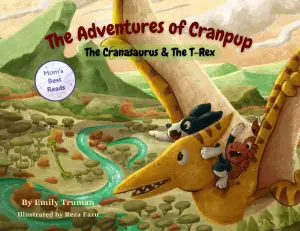Exploring New Realms in Jayna Brown’s Black Utopias: Speculative Life and the Music of Other Worlds
I stumbled upon Jayna Brown’s Black Utopias: Speculative Life and the Music of Other Worlds during a particularly introspective week, drawn in by the promise of exploring alternative states of being within Black culture. Little did I know, this book would resonate on a profoundly personal level, opening a portal to new ways of thinking about existence, collectivity, and creativity. As I flipped through its pages, I found myself immersed in a vibrant tapestry of history, spirit, and speculative thought that reshaped my understanding of what utopia can be.
At its core, Black Utopias offers a rich exploration of how Black lives and artistic practices can transcend and redefine conventional notions of humanism. Brown takes us on a journey through the lives of mystics like Sojourner Truth and Rebecca Cox Jackson, alongside musical visionaries such as Alice Coltrane and Sun Ra. Each of these figures emerges not merely as historical individuals but as emblematic of a broader, more expansive conversation about existence beyond societal constraints.
What captivated me most was Brown’s concept of utopia—an act of worldmaking sparked by the refusal of traditional categorizations of being human. This is not about seeking acceptance from a world that often excludes; instead, it’s about celebrating alternative modes of existence. The idea that utopia consists of those fleeting moments when marginalized identities leap into different realms was both refreshing and invigorating. As Brown eloquently asserts, "Black subjects imagine and manifest new genres of existence," encouraging readers like me to rethink our understandings of community and identity.
Brown’s writing style seamlessly merges scholarly rigor with a lyrical quality that resonates like music itself. The pacing ebbs and flows—sometimes meditative, sometimes invigorating—allowing the reader to sink deeply into the heart of each argument. I found particular joy in her explorations of Alice Coltrane’s music, which unfolds as a soundtrack to these theories, evocatively illustrating her points. One particularly striking quote that stuck with me was, "In a cosmos without boundaries, Black people celebrate themselves as elements in a cosmic effluvium." It beautifully captures the essence of her thesis, revealing how Black utopianism is both a defiance of worldly structures and a celebration of freedom.
For anyone curious about new ways of being or those seeking to dismantle the conventional understandings of humanity, I can’t recommend Black Utopias enough. It is a must-read for scholars, music lovers, and dreamers alike. Brown’s work encourages us to think beyond the limits of our current reality, prompting reflection on how we might each contribute to a broader utopian vision.
In navigating the realms of mysticism, music, and speculative fiction, this book transformed my perspective on what it means to inhabit this world. It invited me to consider not what we might lose in our quest for acceptance, but rather what possibilities await when we leap into the unknown. I walked away not just enlightened but inspired, eager to engage in the kind of creative worldmaking that Brown so passionately advocates.
You can find Black Utopias: Speculative Life and the Music of Other Worlds here >>




